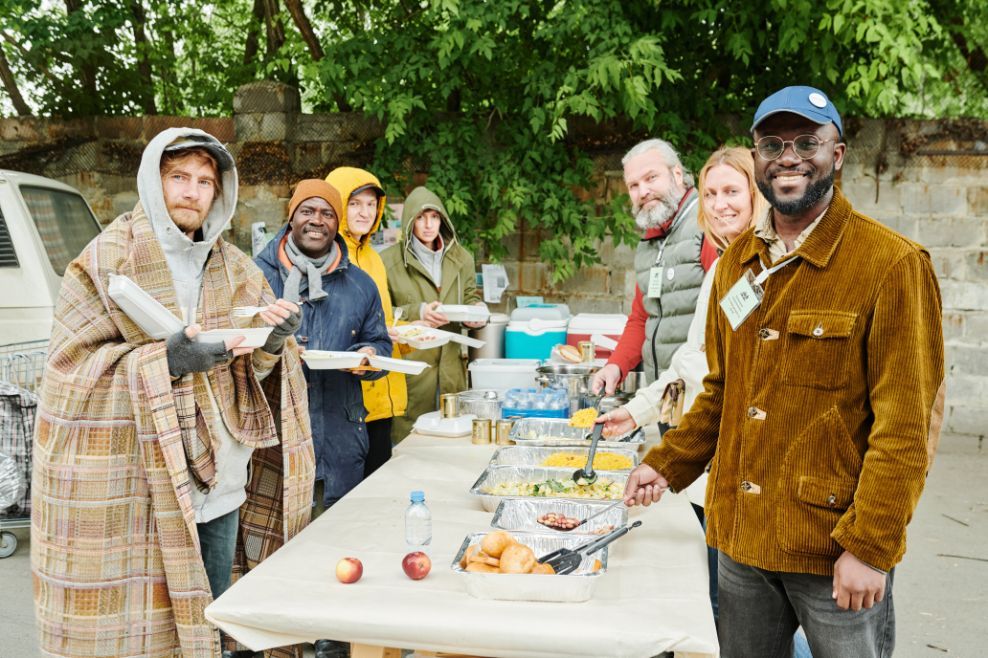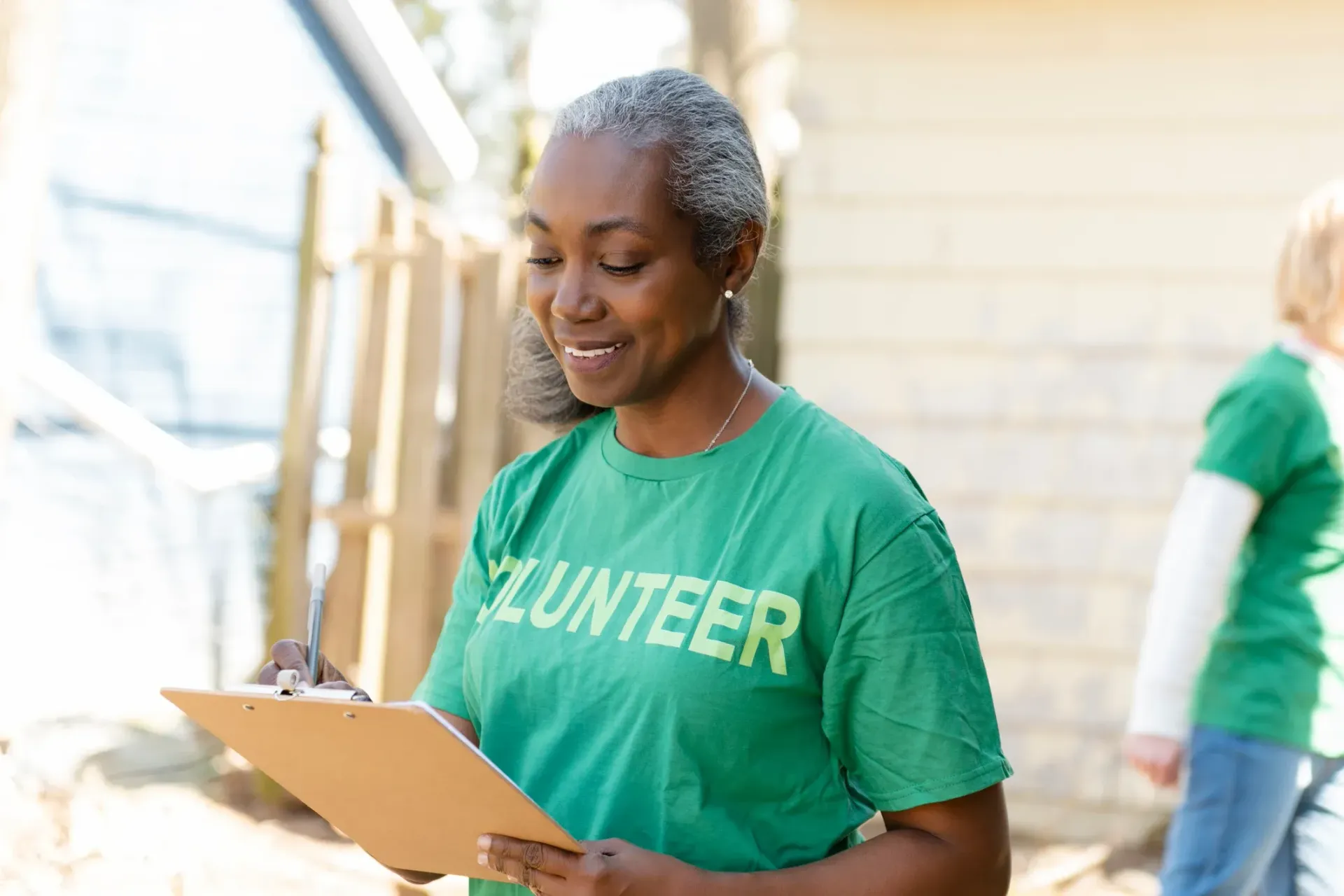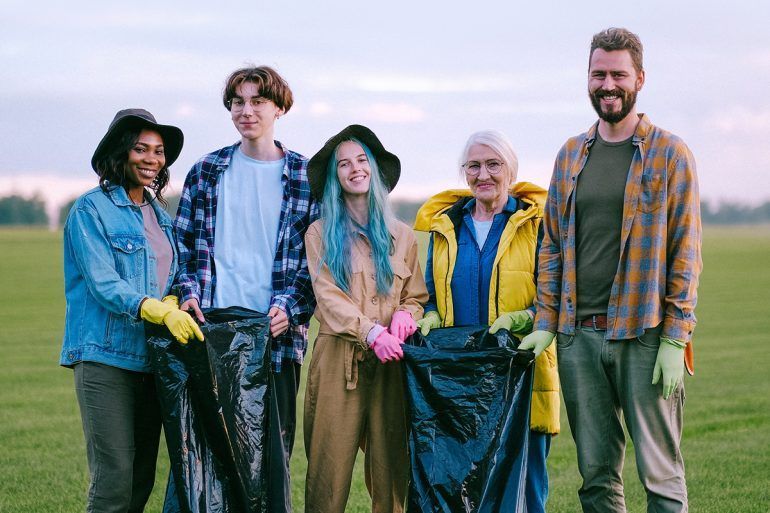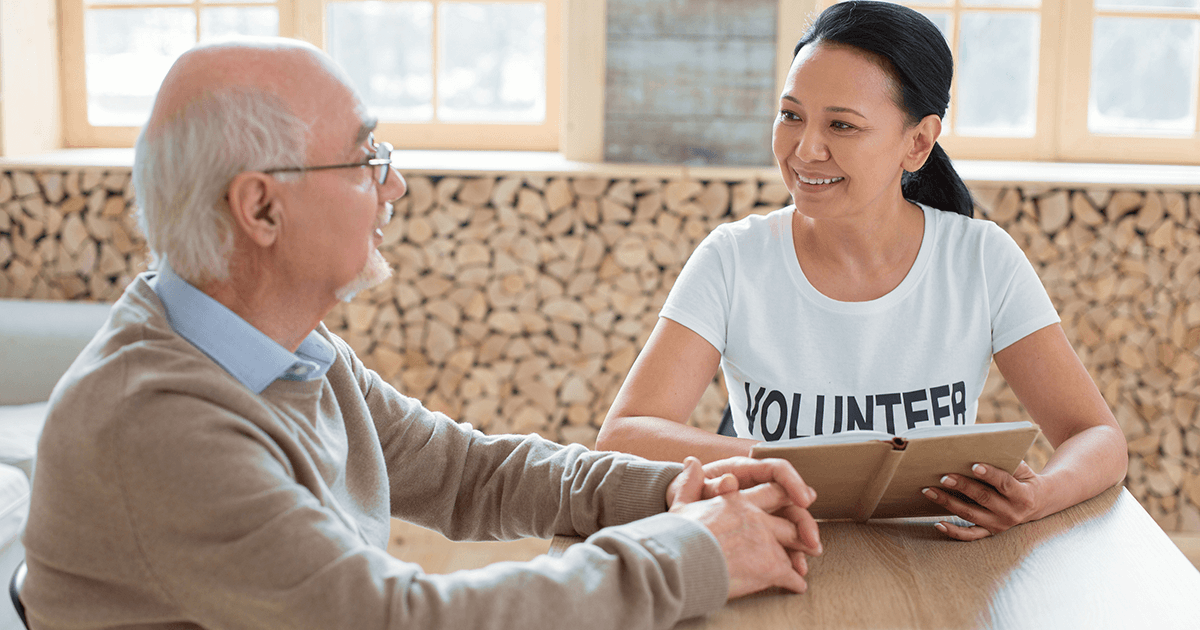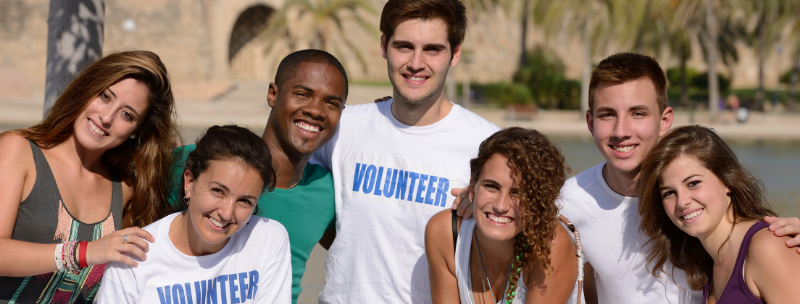Can You Volunteer If You Have Social Anxiety or PTSD?
TLDR;
Yes, you absolutely can volunteer if you have social anxiety or PTSD. In fact, the right volunteering role can provide emotional healing, social connection, and a sense of purpose — as long as it's approached thoughtfully, with proper boundaries, and in the right setting.
Volunteering with PTSD and Social Anxiety Can Be Empowering
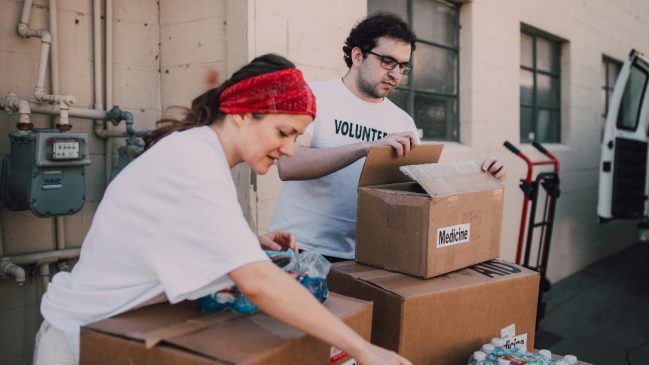
Many people living with PTSD or social anxiety ask themselves: “Can I really handle volunteering?” The short answer is yes — not only can you volunteer, but the right opportunity can serve as a meaningful part of your personal growth and recovery.
At
CleanUP USA, we’ve seen firsthand how volunteering — when thoughtfully chosen — can provide structure, social support, and healing. Whether you're just beginning your recovery or well along your path, there are roles tailored to your comfort level.
Why Volunteering Can Help With Social Anxiety and PTSD
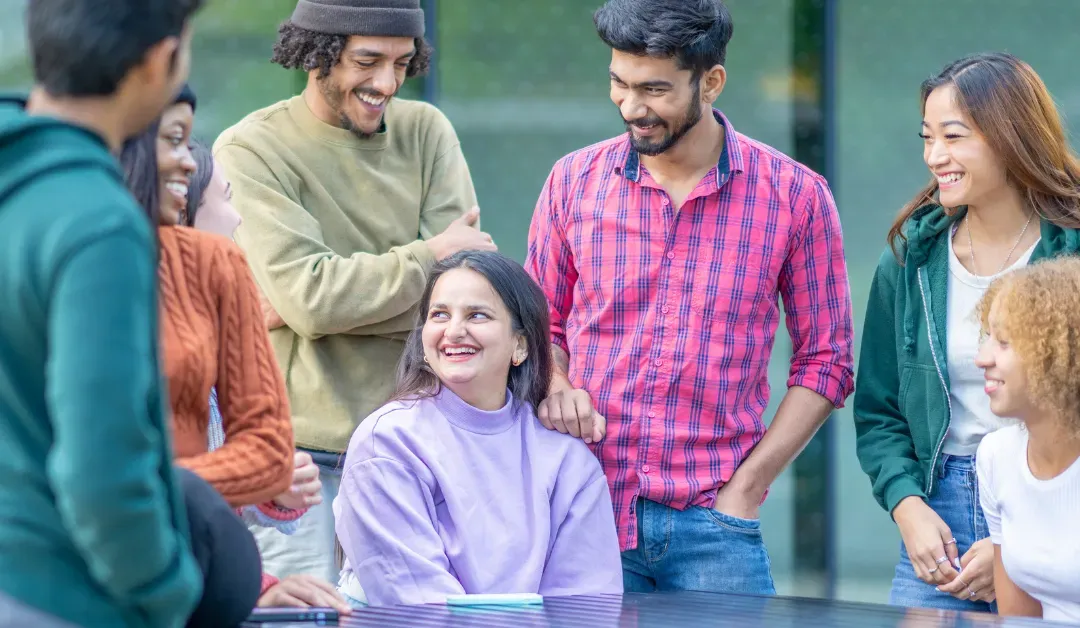
How Purpose and Connection Support Mental Health
Volunteering doesn’t just “fill time.” It builds:
- Structure and routine, which are vital for those recovering from trauma
- Reduced isolation, giving you regular human interaction in low-stress settings
- A safe, positive identity, especially helpful for those rebuilding confidence
Even a small role — like organizing supplies or sending emails — can help you feel useful and grounded.
Real Benefits Backed by Psychology
Research consistently supports volunteering as a mental health booster:
- Lower cortisol (stress hormone) levels with consistent helping behavior
- Increased oxytocin and dopamine, the feel-good chemicals linked to kindness and connection
- Trauma-informed volunteer programs have shown improved emotional regulation and reduced symptoms in PTSD sufferers
These aren’t just feel-good theories. They're backed by science — and people living with anxiety and PTSD report consistent benefits.
Common Fears and Barriers (and How to Overcome Them)

Fear of Judgment and Exposure
Many worry they’ll be “seen” too much or judged. But you can:
- Choose low-visibility roles: virtual support, logistics, back-end tasks
- Set your own pace: one hour a week is still meaningful
- Maintain control: You decide when, where, and how you show up
The truth is — you’re not alone in this fear. Most people volunteering aren’t there to judge, they’re there to help.
Triggers from Crowds or Unfamiliar Settings
Overstimulation is real. To reduce it:
- Visit the location before volunteering to understand the space
- Bring a friend or support person, if allowed
- Ask about quiet zones, break spaces, or flexible options
Even in-person roles can accommodate your sensory needs with a little planning.
Self-Doubt and Hypervigilance
These feelings are common for trauma survivors. To manage them:
- Use a checklist before committing to any task
- Check your emotional temperature that day — it’s okay to skip if you’re not ready
- Avoid roles requiring fast decisions or emergency response until you feel stronger
Volunteering is not about being perfect — it’s about showing up as you are, even if that means only a little at a time.
Types of Volunteer Roles Ideal for People With PTSD or Social Anxiety
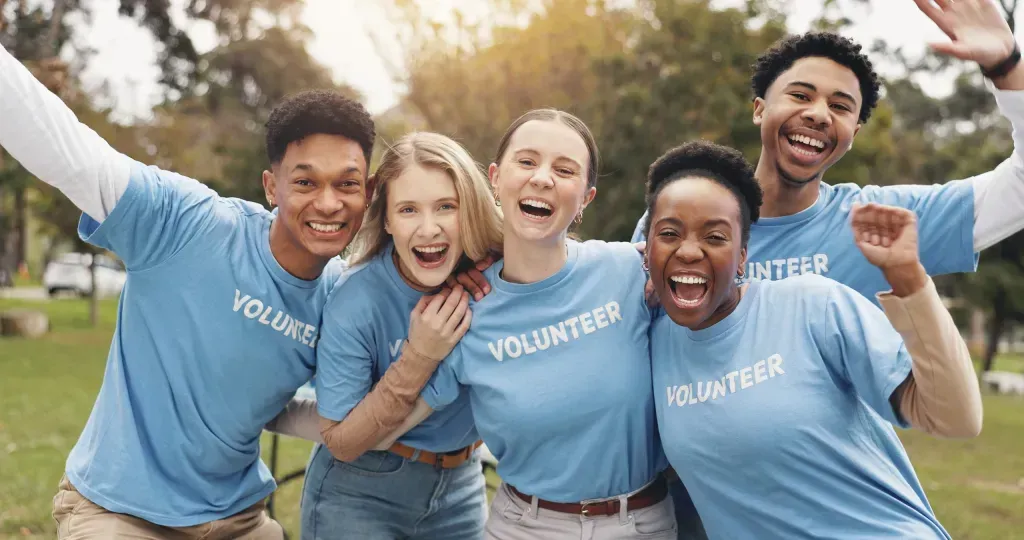
Low-Interaction or Virtual Roles
Perfect for days when human interaction feels draining:
- Writing thank-you notes or birthday cards
- Virtual assistant or data entry tasks
- Social media posting or newsletter formatting
- Online tutoring or mentoring
- Website editing, blog writing, or content creation
These roles allow for contribution without exposure — often from the comfort of your home.
Mission-Driven Opportunities With Structure
Having a mission to rally behind can reduce anxiety by focusing your mind:
- Helping veterans through structured orgs like
Soldiers’ Angels
- Church ministries, where roles are clearly defined
- Crisis Text Line, which provides rigorous training and remote support
- Remote advocacy, like letter writing for incarcerated individuals or climate action campaigns
Structure is soothing when your internal world feels chaotic.
Gradual Exposure Paths
Start small, then slowly increase as your comfort grows:
- Shadow a volunteer before starting
- Join group efforts where your role is minimal
- Choose roles with
predictable routines like food pantry stocking or gardening
Every step — even tiny ones — builds resilience and rewires fear-based thinking.
Preparing to Volunteer When You Live With PTSD or Anxiety

Know Your Triggers
Before you commit, ask yourself — or review these essential Questions to Ask Before Volunteering:
- Does this space allow
quiet breaks or alone time?
- Will the tasks expose me to
unexpected chaos or emotional stories?
- Are there
sensory challenges (e.g. bright lights, loud noises)?
Knowing the answers in advance helps prevent panic.
Set Clear Boundaries
You are in control. Always.
- Define how much time you’ll offer — and stick to it
- Be clear about which
tasks you’re comfortable with
- Opt out of phone calls, last-minute asks, or group settings if they feel overwhelming
You can always expand your boundaries later. But they should start strong.
Communicate Your Needs
You don’t need to share your diagnosis. But it’s okay to say:
- “I prefer quieter roles.”
- “I may need to take breaks during my shift.”
- “I do better with written instructions than verbal.”
A supportive volunteer coordinator will honor this. And if they don’t — find another org that will.
Volunteerism as a Tool for Recovery — With Caution
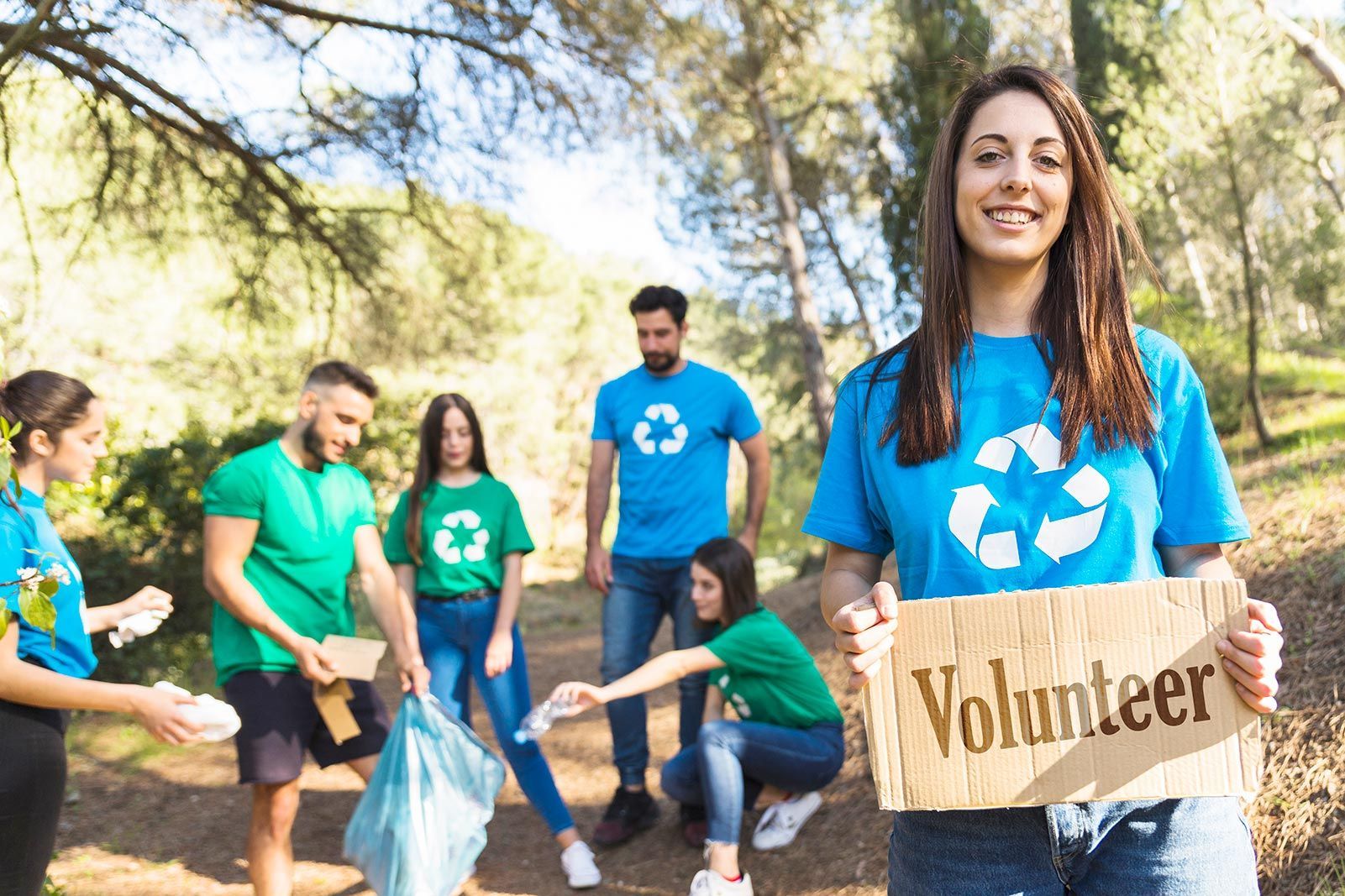
Volunteering can aid recovery, but it’s not a substitute for therapy.
- Avoid people-pleasing cycles: Saying “yes” to avoid conflict can re-trigger trauma
- Balance is key: Helping others should
never come at the cost of your own mental health
- Seek trauma-informed environments: These places understand emotional safety isn’t optional
At CleanUP USA, we encourage trauma survivors to see service not as salvation — but as part of a
balanced, intentional healing journey.
FAQs
Can volunteering make my anxiety worse?
Yes, if you overcommit or choose high-pressure roles. But with the right support, it can reduce anxiety by giving structure, purpose, and control.
Are there any online volunteer opportunities for people with PTSD?
Absolutely. From writing blog posts to tutoring or helping nonprofits with admin work, remote roles are abundant and flexible.
How do I know if I’m ready to volunteer?
Start by asking:
Can I commit without stress?
Do I feel emotionally stable on most days?
Am I excited — not pressured — to help?
If the answers are mostly yes, start small and check in often.
What if I have a panic attack while volunteering?
It’s okay. Let someone know, take a break, or leave. You are not failing. You are listening to your body — and that’s a win.
Support CleanUP SCAN ME



